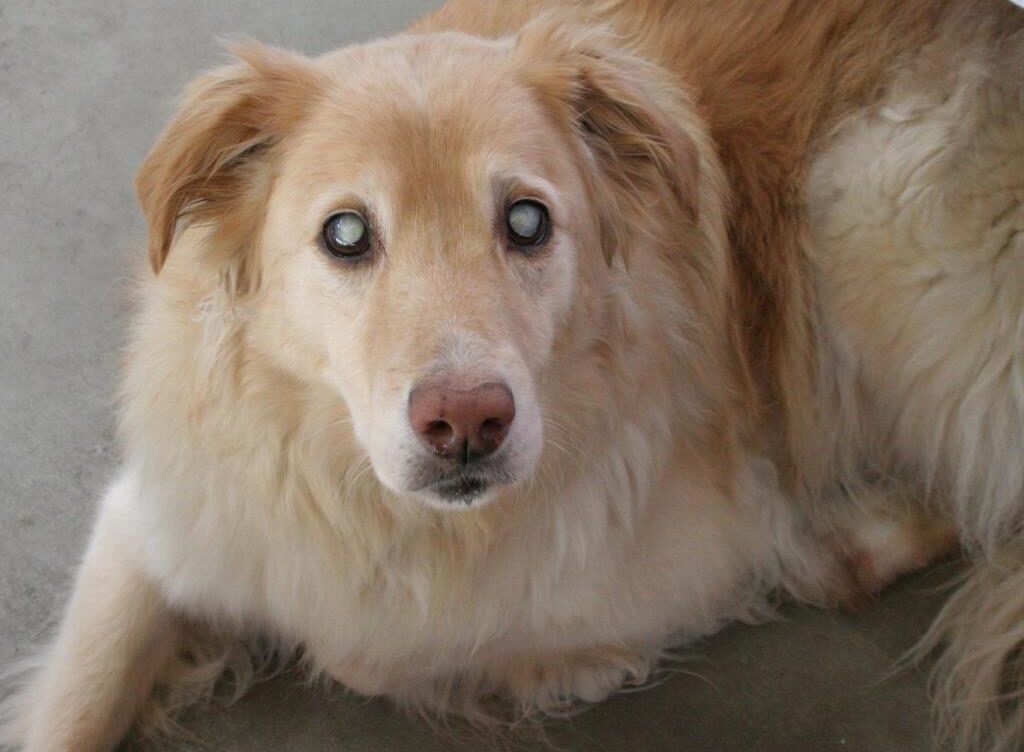
Understanding Blindness in Dogs
Hearing a veterinarian say, “Your dog is blind,” can be overwhelming. Many pet owners feel lost and unsure of what to do next. Some may even feel pressured to consider euthanasia when, in reality, blind dogs can live full and happy lives with the right care and adjustments.
You Are Not Alone
The goal of this article is to share personal experiences and provide guidance to pet owners facing the challenge of caring for a blind dog. Blindness in dogs is more common than many realize, and with proper support, they can continue to thrive.
Signs Your Dog May Be Losing Vision
Recognizing the early signs of blindness can help you adapt and support your dog through the transition. Here are some behaviors to watch for:
- Changes in Navigation – Your dog may start walking closer to walls and fences for guidance.
- Increased Clinginess – A formerly independent dog may suddenly follow you everywhere and develop separation anxiety.
- Changes in Eating Habits – Some blind dogs eat excessively, possibly due to stress or uncertainty about finding their next meal.
- Bumping Into Objects – If your dog is suddenly running into furniture or walls, their vision may be deteriorating.
- Marking Walls with Their Nose – Dogs create familiar pathways by touching surfaces with their nose or licking them.
- Repeating Paths – Some blind dogs practice navigating their environment, such as repeatedly going up and down stairs.
- Heightened Protectiveness – A previously social dog may become overprotective, standing between their owner and visitors.
- Eye Reflections in Photos – If your dog’s eyes glow green instead of red in photos, it could be an early sign of vision loss.
Potential Causes of Blindness
- Degenerative Eye Conditions – Some breeds are predisposed to progressive vision loss.
- Side Effects of Medication – Certain medications, like prednisone, may accelerate vision deterioration in dogs with underlying eye conditions.
- Sudden Acquired Retinal Degeneration Syndrome (SARDS) – A condition that can cause rapid vision loss in a matter of weeks.
Next Steps
If you suspect your dog is losing vision, consult your veterinarian immediately for a full evaluation. With proper adaptations—such as keeping their environment consistent, using scent markers, and providing verbal cues—your blind dog can continue to live a fulfilling life. By understanding their needs and making small changes, you can ensure they remain safe, comfortable, and happy.
